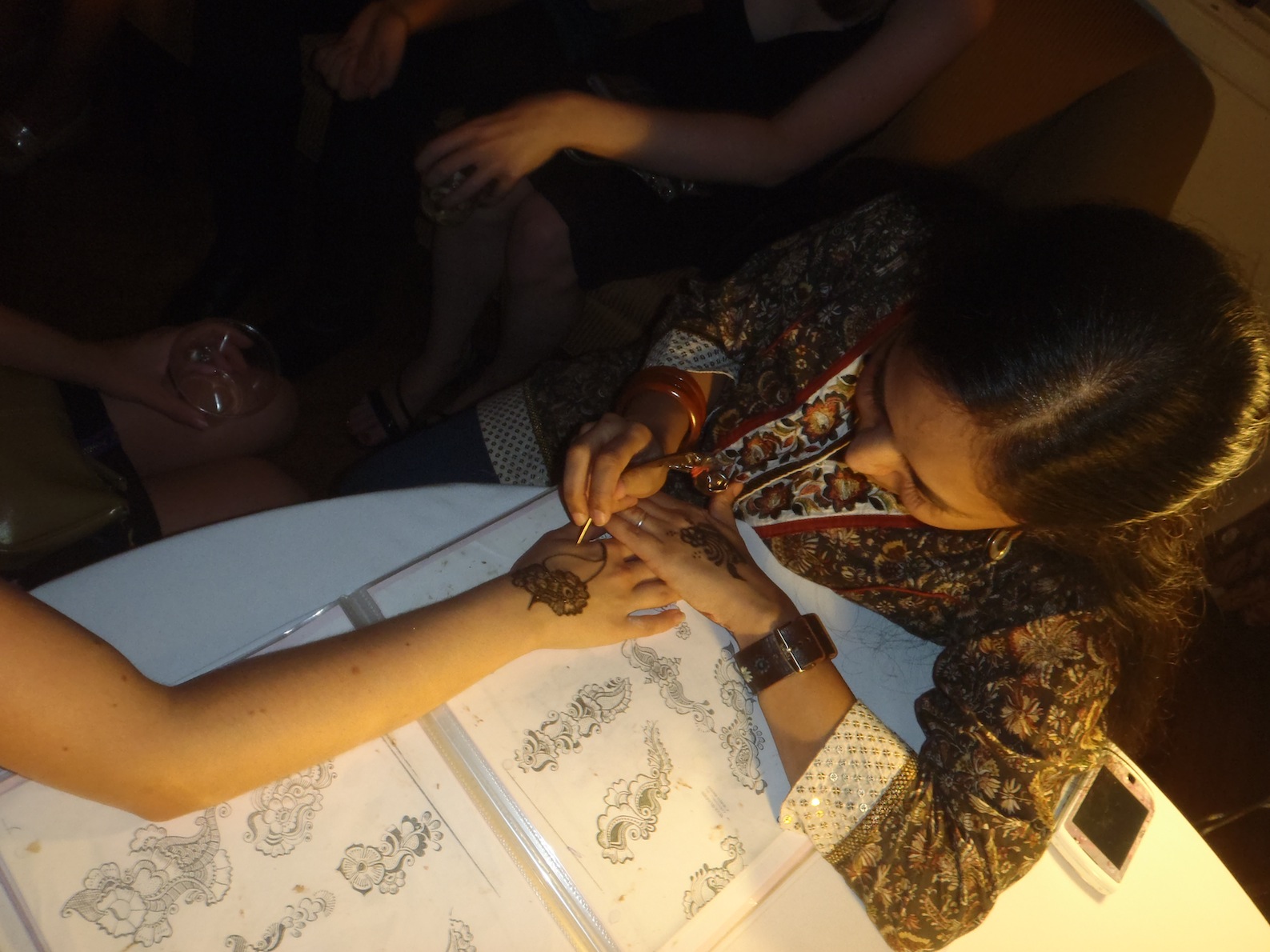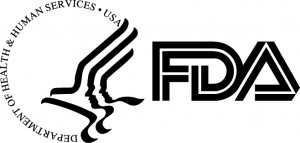 This past Friday, the South Asian Law Students Association held the SALSA Ball, the group’s annual celebration of Diwali, the festival of lights. As a member of the group, I participated in full force. Just in case you could not readily discern it from my picture to the right, I am not South Asian. Why then, you ask, am I a member of SALSA?
This past Friday, the South Asian Law Students Association held the SALSA Ball, the group’s annual celebration of Diwali, the festival of lights. As a member of the group, I participated in full force. Just in case you could not readily discern it from my picture to the right, I am not South Asian. Why then, you ask, am I a member of SALSA?Let’s backtrack. When I was an undergrad, my only involvement in extracurricular activities was to help establish a student group named the Global Cuisine LLC. This brilliant ploy allowed my friends and me to frequent various DC-area restaurants and feast on different ethnic foods, all on the dime of our gracious benefactor: The George Washington University. The LLC may have been somewhat unconventional, but that was the extent of my participation in student groups.
About a month ago, NYU Law’s Office of Student Affairs held the annual Student Groups Fair. Representatives from each group manned tables sprawled across Greenberg Lounge, luring in wide-eyed 1Ls with candy and fliers. Considering my lackluster extracurricular history, I did not anticipate signing up for many clubs. But that all changed quickly: the representatives of each group promised me free food, free drinks, and other benefits just for joining. Reflecting back on my experience with the Global Cuisine LLC, “free food” was all I needed to hear. Pen in hand, I made the rounds to each table and scribbled my name on the ledgers of nearly every student group in sight. It was as if I were on autopilot; soon, I was in over my head. I joined the Student Animal Legal Defense Fund, Older Wiser Law Students, West Coast Connection, LSHR, SALSA, APALSA, and many more. I did not even know what many of the acronyms stood for, but that didn’t matter. I was in the zone. I even managed to sign up for Law Women, whose representatives, after laughing at me, told me that being male did not disqualify me.
As a result of my over-zealousness, my NYU email account is now constantly inundated with event invitations from the various clubs. For many people, this is where Gmail’s “spam” folder enters the equation. But for strapped-for-cash law students like myself, these list-serves are a godsend. Now I am sure that all of these events would be enthralling anyway, but add in the element of free food and drink, and I am there.
 Soon after the fair, I received my first email from SALSA, which I discovered was the acronym for the South Asian Law Students Association. The email promised free Thai food at their first meeting; right away, I knew it had been a good decision to join. Just like the Law Women reps, the SALSA representatives at the fair had been very welcoming, assuring me that being Caucasian did not preclude me from joining their group either. I went to the meeting and enjoyed the free (and gluten-free) Pad Thai while I met the other group members. And that was when I first learned about the SALSA Ball to celebrate Diwali.
Soon after the fair, I received my first email from SALSA, which I discovered was the acronym for the South Asian Law Students Association. The email promised free Thai food at their first meeting; right away, I knew it had been a good decision to join. Just like the Law Women reps, the SALSA representatives at the fair had been very welcoming, assuring me that being Caucasian did not preclude me from joining their group either. I went to the meeting and enjoyed the free (and gluten-free) Pad Thai while I met the other group members. And that was when I first learned about the SALSA Ball to celebrate Diwali.I felt rather ignorant. Admittedly, before then I had no idea what Diwali was all about. After asking a few questions and doing some research, I learned that the festival of lights represents the victory of good over evil, empowering everyone to perform good deeds in their everyday lives. On a more spiritual level, the festival is meant to reveal an awareness of the “inner light.” In Hindu culture, Atman is something pure, infinite and eternal, existing beyond the physical body and mind. The essence of Diwali is to rejoice in Atman, the inner light, which illuminates the oneness of all things as well as the importance of being compassionate.

 With my new-found understanding of Diwali, I had a good feeling about last Friday’s SALSA Ball. I was certainly not disappointed. Held in the Greenberg Lounge, the night was filled with food, drink, dancing, and the spirit of South Asia. Roughly 320 law students and their friends attended the event, 100 more attendees than last year’s celebration. Guests were treated to a full Indian buffet dinner featuring samosas, chicken tikka masala, saag paneer, basmati rice, and naan. In addition, the event featured an open bar with a selection of beers, wines, and non-alcoholic beverages, a henna artist decorating guests’ hands with reddish-orange dye, and a DJ playing traditional Bollywood dance music. Tickets were just $15 at the door ($12 at the week-long presale in Golding Lounge), and all of the proceeds were donated to Sakhi, a local nonprofit organization serving domestic violence victims of South Asian descent.
With my new-found understanding of Diwali, I had a good feeling about last Friday’s SALSA Ball. I was certainly not disappointed. Held in the Greenberg Lounge, the night was filled with food, drink, dancing, and the spirit of South Asia. Roughly 320 law students and their friends attended the event, 100 more attendees than last year’s celebration. Guests were treated to a full Indian buffet dinner featuring samosas, chicken tikka masala, saag paneer, basmati rice, and naan. In addition, the event featured an open bar with a selection of beers, wines, and non-alcoholic beverages, a henna artist decorating guests’ hands with reddish-orange dye, and a DJ playing traditional Bollywood dance music. Tickets were just $15 at the door ($12 at the week-long presale in Golding Lounge), and all of the proceeds were donated to Sakhi, a local nonprofit organization serving domestic violence victims of South Asian descent.I volunteered to help out as a bartender for an hour of the event. During that time, multiple people approached and asked me if I were part South Asian. Seriously. Although I may have inadvertently caused some confusion, I do not regret joining SALSA as a Caucasian. No matter your ethnicity, we could all benefit from becoming more culturally aware. And of course, we could all benefit from more free food.



